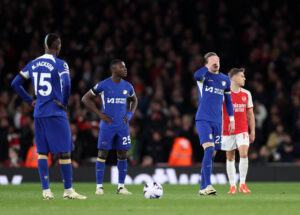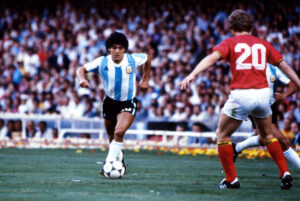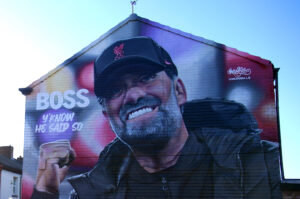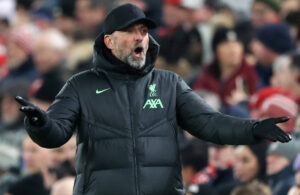It should not be considered a coincidence that Marouane Fellaini’s arrival and departure from Manchester United coincide with the club losing and then rediscovering its identity.
Arriving as David Moyes’ first signing after the end of the Sir Alex Ferguson era, Fellaini would go on to epitomise everything wrong with United’s on-field approach for the next five and a half years.
Marouane Fellaini Exit the End of a Forgettable Era
DNA
For decades, Manchester United have been known for their lightning quick, entertaining brand of counter-attacking football. It is the same as Ajax and their ‘total football’, Real Madrid and their ‘Galacticos’ and Barcelona for their persistence with tiki-taka football.
Just as its faith and confidence in youth and attacking football have always been a part of Manchester United’s DNA.
Between the retirement of Sir Alex Ferguson and the return of Ole Gunnar Solskjaer, three permanent managers came and went. All of them came with their own ideas of how a club should be run. One lacked conviction, one had a ‘philosophy’ that didn’t pay off while another got the job done though he succeeded in bringing the morale down of the entire locker room.
False Dawn(s)
Throughout the years, Manchester United has seen its fair share of false dawns. Some brought about by rare big wins over big clubs with others occurring via a change in regime.
The first false dawn post-Sir Alex Ferguson came with a Robin Van Persie winner against Arsenal under David Moyes. The last, arguably, came in United’s November victory in Turin against Juventus.
One player who was often at the heart of orchestrating these false dawns was Marouane Fellaini. With no fault attached to the player himself, managers came and went but one tactic stayed the same: the over-reliance on long-balls and the ‘Fellaini Plan’.
Blameless
Fellaini was always a hard-worker who gave it his all for the club. He was simply restricted in his talents in terms of what he could do with the ball at his feet. Though supremely talented with defensive and offensive aerial balls, he hindered United’s style more than he enhanced.
When against top-quality opposition who preferred to keep it on the ground, it often appeared as if United were playing with ten men with Fellaini getting lost on the pitch. The wait for Fellaini to be effective cost the club more points than it won them.
With the plethora of talent at every United manager’s disposal, it was mindboggling to see the overreliance on Marouane Fellaini and the long ball.
The most frustrating part of watching Fellaini on the pitch for United was every manager considering him a godsend whenever the long-ball tactics did work out. From Moyes to Mourinho, each manager failed to understand what works at Old Trafford – tradition.
If you try to stray away from it, you will regret it. And it is the same reason why Ole Gunnar Solskjaer has worked so well.
End of an Era
For those who came before Ole, Fellaini was treated as if he was bigger than the club. No player is bigger than the club. The club’s traditions, values and DNA are what make the club.
Solskjaer understood this which was why the Belgian midfielder only played a handful of minutes under him before being informed he was to be let go.
Ole Gunnar Solskjaer has taken the first steps out of an era of mediocrity for Manchester United. And Marouane Fellaini was the epitome of those times. The club has now returned to the style of play that brought it this far. Win, lose or draw, it’s encouraging simply watching United play the way they played in the Sir Alex Ferguson days.
Managers came and went trying to stamp their own authority and implement their own system on the club. But why would you try to fix what was never broken to begin with?
Main Photo
Embed from Getty Images






